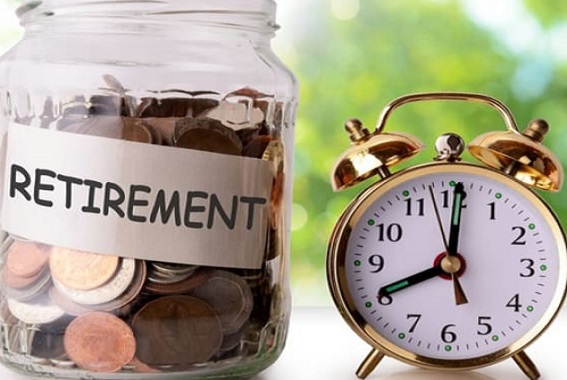Young adulthood (ages 21-35)
Those embarking on adult life may not have a lot of money free to invest, but they do have time to let investments mature, which is a critical and valuable piece of retirement saving. This is because of the principle of compound interest. Compound interest allows interest to earn interest, and the more time you have, the more interest you will earn. Even if you can only put aside $50 a month, it will be worth three times more if you invest it at age 25 than if you wait to start investing at age 45, thanks to the joys of compounding. You might be able to invest more money in the future, but you’ll never be able to make up for lost time.




